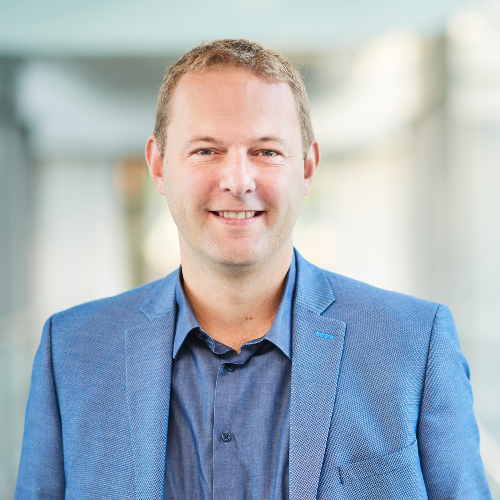In our newsflash of 10 December 2020 and our newsflash of 11 December 2020 we referred to the extension of the mutual agreements between Belgium and the Netherlands / Luxembourg, which includes a “force majeure tolerance” for cross-border workers in relation to government imposed COVID-19 (travel) restrictions. As countries are rolling out comprehensive vaccination schemes and more vaccines approved, we are slowly but steadily manoeuvring out of this global pandemic. However, country borders and regions all over the world are opening up at different speeds. During this time of transition many people will continue working from their home offices and international business travel will still be limited to a certain extent (although business trips are also picking up again). Given the still uncertain current public health situation, recently a further extension was announced with respect to the agreements concluded between Belgium and the Netherlands / Luxembourg until 30 June 2021.
Note: the COVID-19 mutual agreements (between Belgium and France / Germany / the Netherlands / Luxembourg) allow for a fiction in relation to the employment income linked to the “home working days” solely due to the measures taken by the governments of the respective countries to combat the COVID-19 pandemic. If certain conditions are met, and the employee chooses to apply the fiction, these “forced home working days” are deemed to be spent by the employee in the state where the cross-border worker would have exercised the employment in case no such measures had been taken.
The agreements with the Netherlands and Luxembourg are the first two of the COVID-19 mutual agreements between Belgium and its neighbouring countries which are made applicable until 30 June 2021. We anticipate that a similar extension will become applicable with regard to the agreement concluded between Belgium and France / Germany.
We will follow-up on any further developments in this respect.
If you have any further questions, please do not hesitate to contact Sandrine Schaumont or Philip Maertens.
